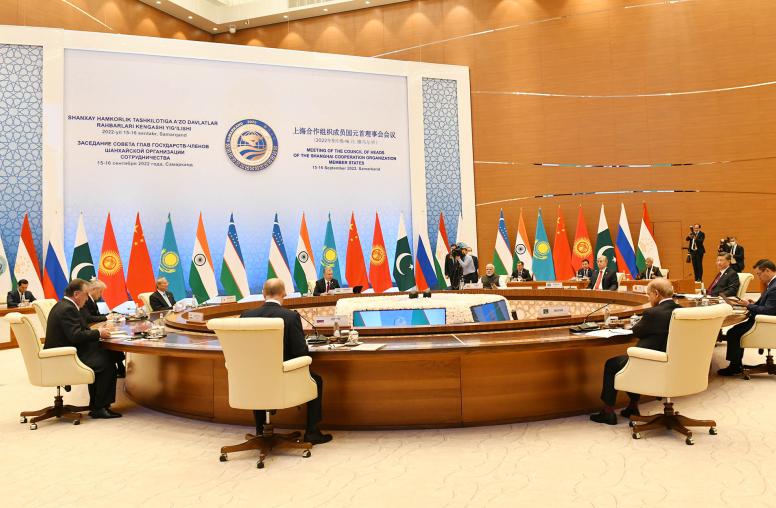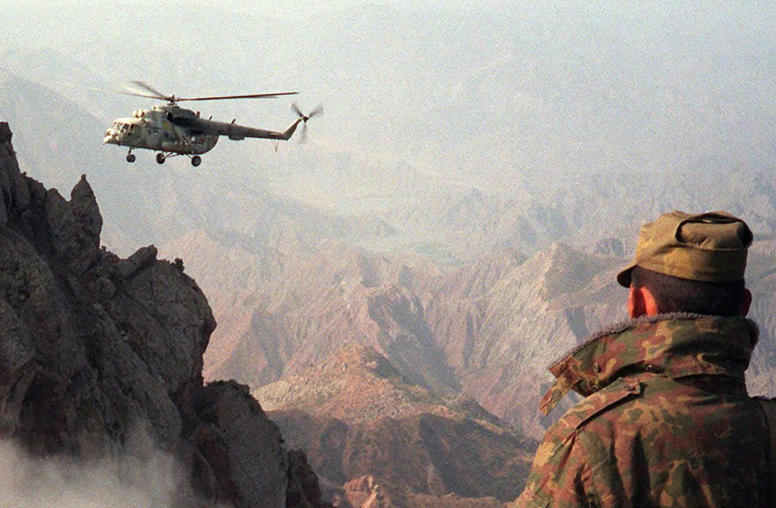Peace Agreements: Tajikistan
Peace Agreements Digital Collection
General Agreement on the Establishment of Peace and National Accord in Tajikistan
(06-27-1997)
Posted by USIP Library on: April, 9 2002
Source Name: Text e-mailed from the United Nations Information Centre, Washington, D.C.
Source Document Number: U.N. Doc. No. A/52/219
Date e-mailed: February 24, 2000
The Moscow Declaration
(06-27-1997)
Posted by USIP Library on: April 9, 2002
Source Name: Text e-mailed from the United Nations Information Centre, Washington, D.C.
Source Document Number: U.N. Doc. No. A/52/219
Date e-mailed: February 24, 2000
Protocol of Mutual Understanding between the President of Tajikistan, E.S. Rakhmonov and the leader of the United Tajik Opposition, S.A. Nuri
(06-27-1997)
Posted by USIP Library on: April 9, 2002
Source Name: Text e-mailed from the United Nations Information Centre, Washington, D.C.
Source Document Number: U.N. Doc. No. A/52/219
Date e-mailed: February 24, 2000



